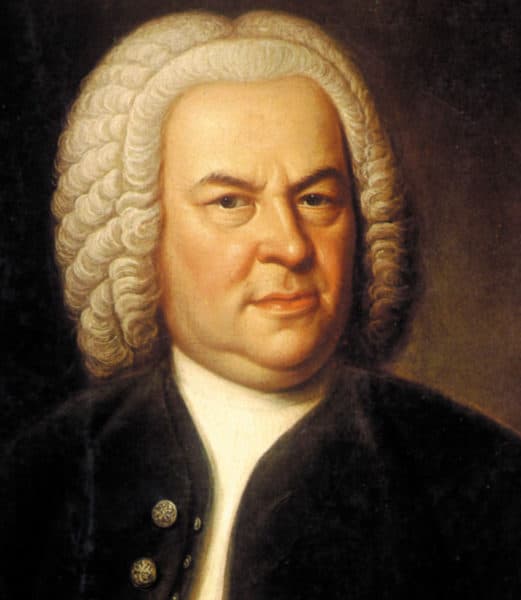Isn't it obvious? Surely Bach's music has that solid sense of incontrovertible "rightness", with every note in its right and proper place, as if it had always been there and always will be.
It seems not the work of a mere man, but something immutable and timeless reached down from the heavens, as if Bach were some kind of natural lawgiver, a musical Newton who has found the key to the secret of all music and opened it up before us.
This is certainly what many later composers cherished him for, this ability to express the very essence of the ancient science of music itself, its absolute truth. As Radio 3's Spirit of Bach season gets under way, we will have another chance to reflect that perhaps he is the nearest thing we have to a god of music.
Yet Bach was a man, and a man of his time too: recognising this does not reduce his genius but magnifies it and makes it even more a source for wonder. He was not a child prodigy like Mozart; he himself said that he made the best of his talents through hard work, and he was certainly not too godlike to learn by studying worthy predecessors such as Frescobaldi, Buxtehude and Pachelbel, or fashionable contemporaries such as Vivaldi, Corelli and Couperin.
Intense intellectual effort and obsessive pursuit of perfection were what raised him out of the ordinary as a young man, first as a brilliant virtuoso organist and then as a composer for whom every detail of musical construction was cause for almost obsessive attention, whether in a little keyboard piece, a cheerful concerto or a grand and solemn church cantata.
Details HERE







